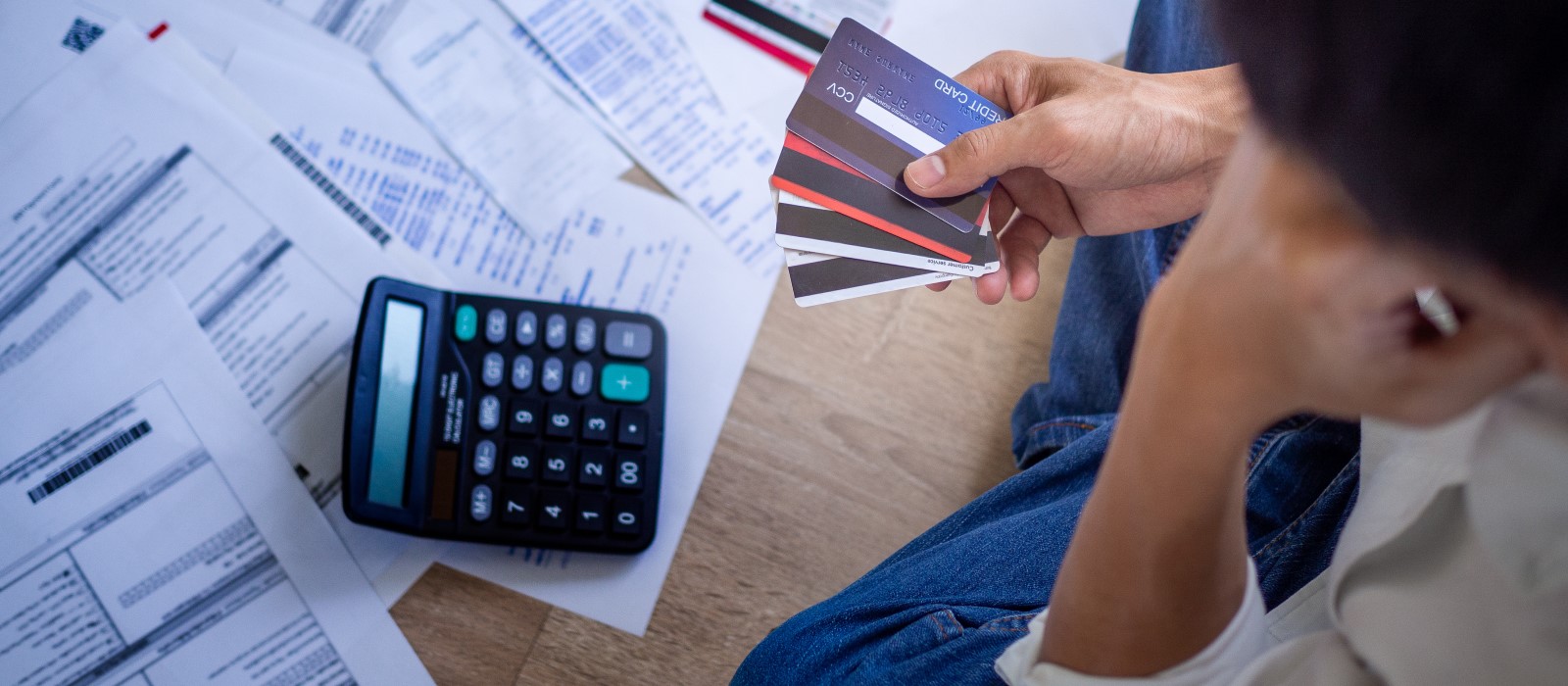The Opportunity Cost of Debt Aversion

Shisu_ka via Adobe Stock
Study Context
Inspired by personal experiences with debt as well as its institutional role in the US, the researchers set out to study the behavioral effects of debt on household and personal financial decisions.
Study Design
The researchers conducted a series of online lab experiments where a sample of 491 participants in the US on Amazon’s MTurk completed a financial optimization game over a week-long period. Participants had to allocate points to accounts with varying interest rates, with points being converted to dollars at the conclusion of the experiment. Different treatments varied the presence of debt. If there was no debt-biased behavior, it was expected that participants would maximize their returns in the experiment. Debt in this experimental context was simplified and stylized; the researchers stripped debt of other potential confounding factors like risk and uncertainty or time preferences.
Results and Policy Lessons
Researchers found evidence of debt-biased behavior; subjects who held debt performed worse overall from a financial perspective and favored repaying debt over maximizing financial returns. They also failed to take an arbitrage opportunity when it involved borrowing into debt. This experimental evidence offers a first step in understanding the behavioral biases caused by debt, and the researchers are interested in exploring how debt-biased behavior may manifest in empirical data. Further work can be done on exploring the origins of these effects, whether it is a behavioral bias or a heuristic. Whether this behavior also exists in different countries is also an avenue for future work.

